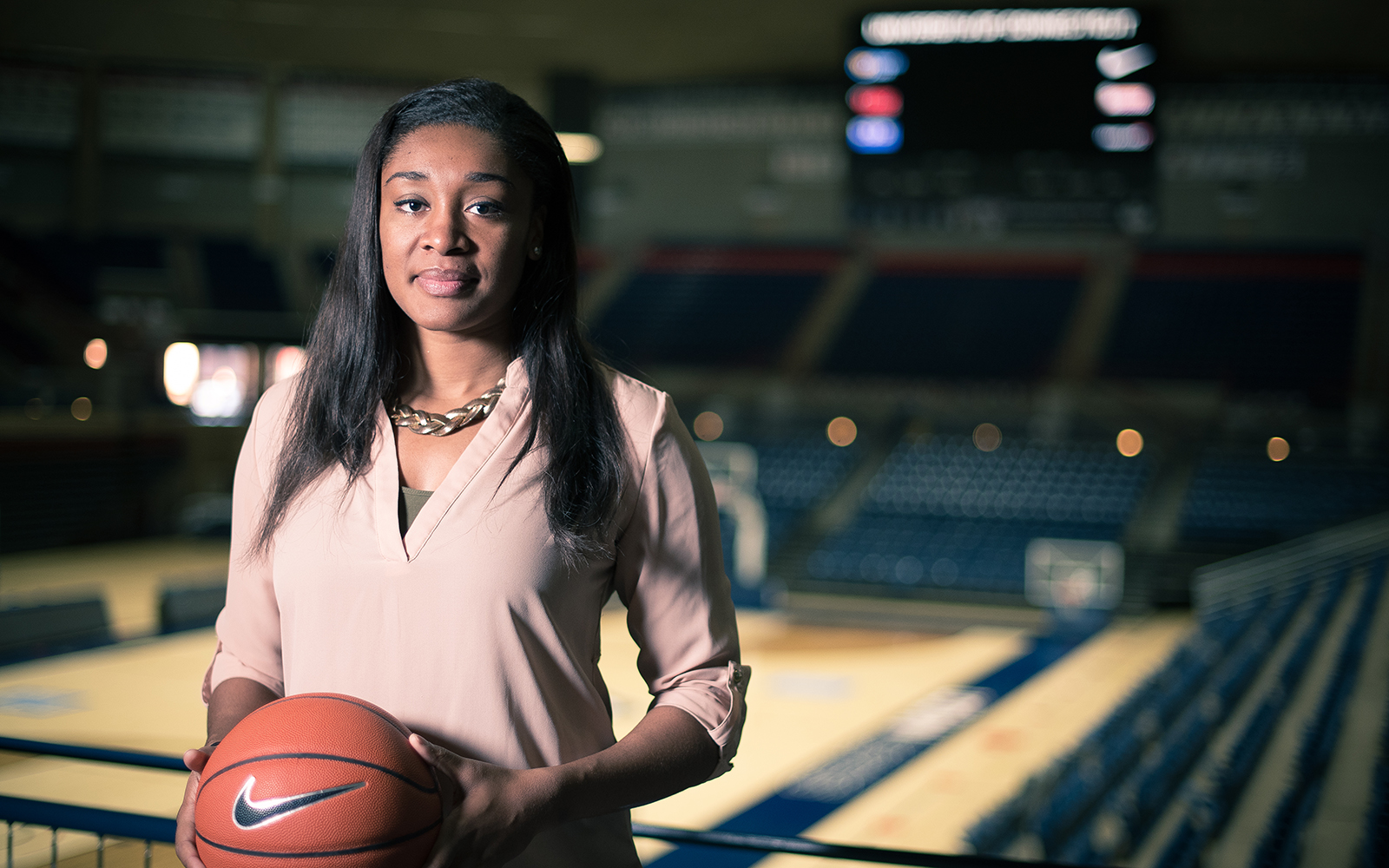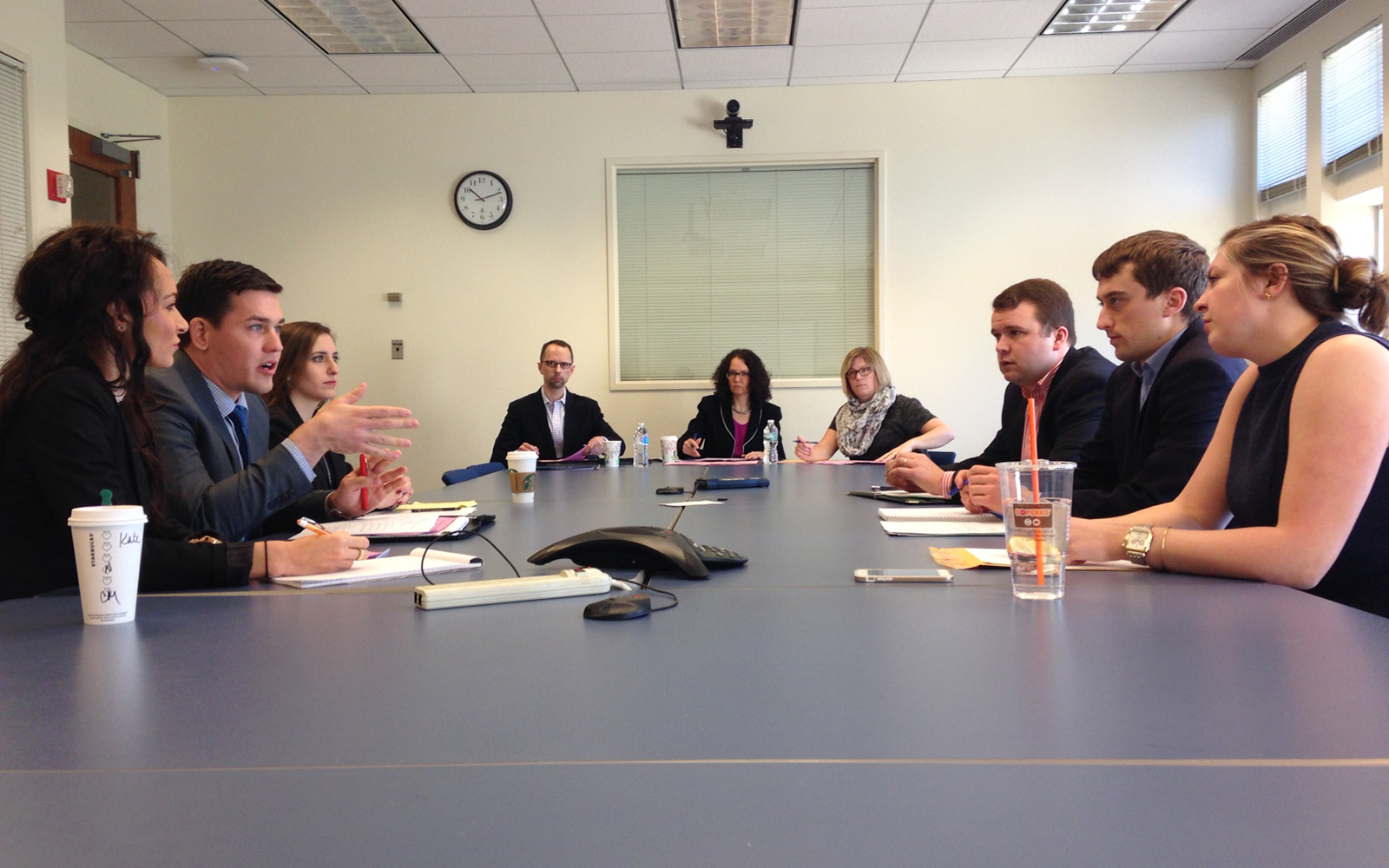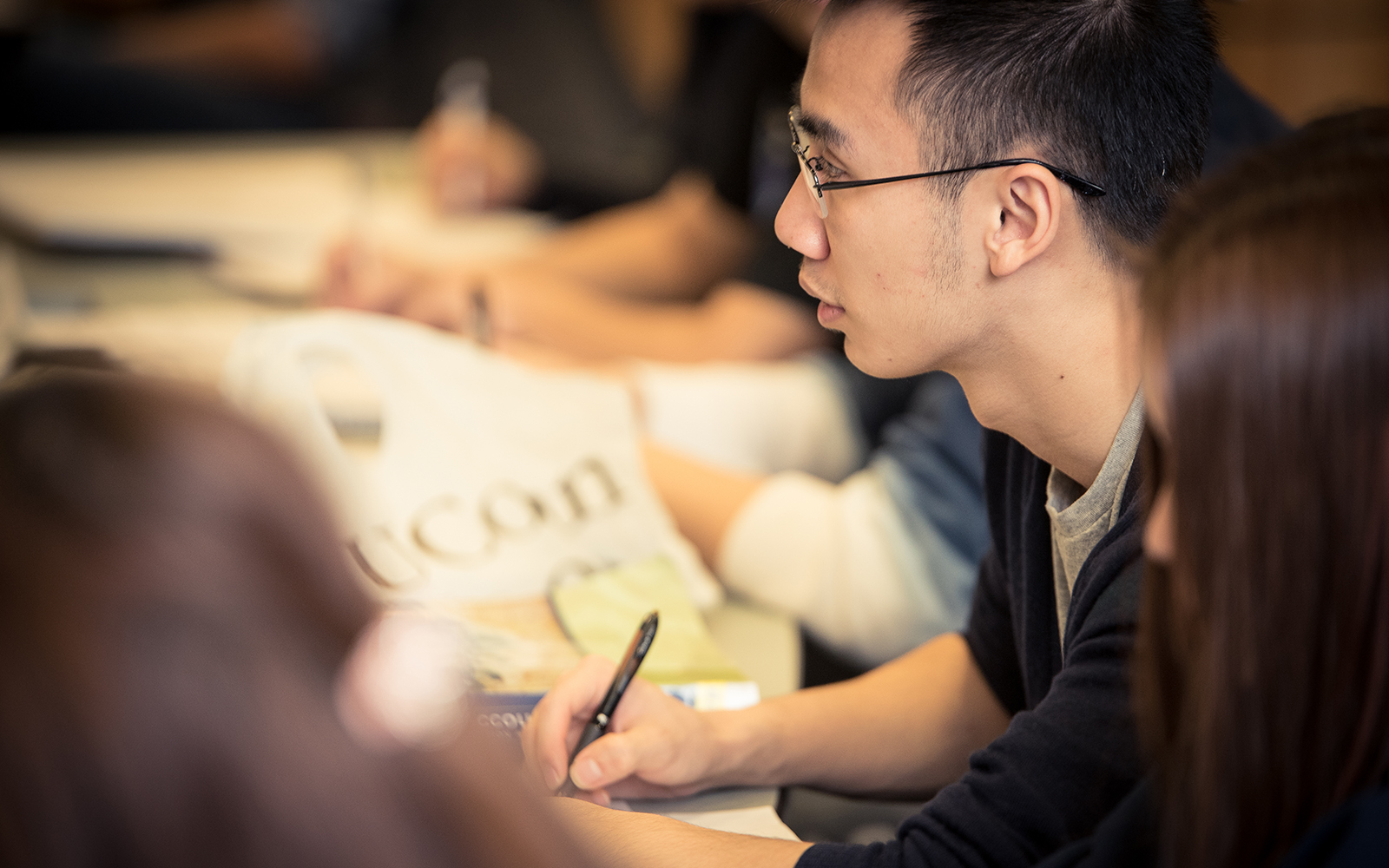McEvoy and Jackson Earn Best Presentation Award
At the Academy of Business Research Conference in New Orleans on March 23-25, Nicole Jackson, Assistant Professor of Management, and Kevin McEvoy, Assistant Professor In-Residence of Marketing, earned a Best Session Presentation Award for their work titled, “Mindfulness, Marketing and Management – Is it all that?”Continue Reading


